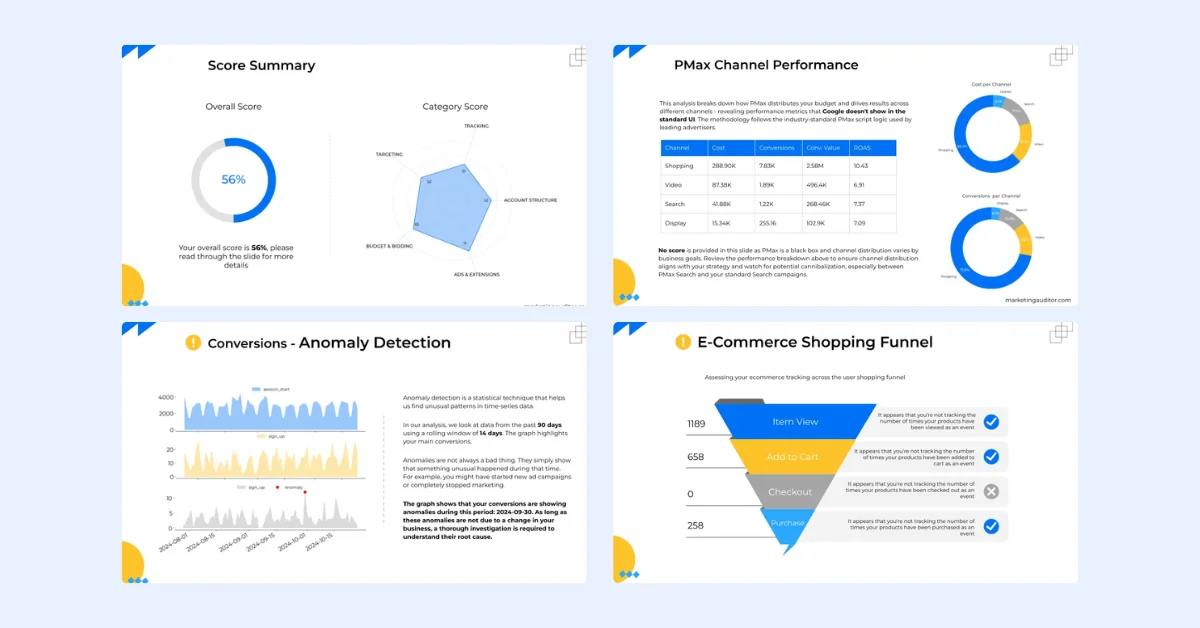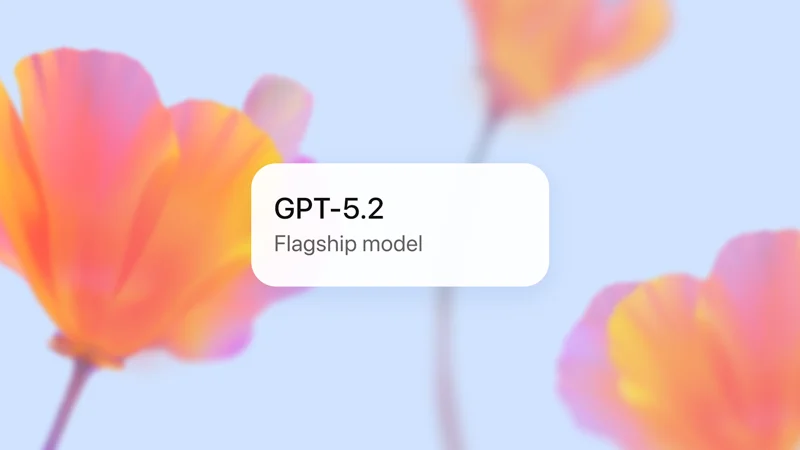OpenAI has introduced a new generation of apps integrated directly into ChatGPT, enabled by the new Apps SDK available in preview. These apps fit naturally into conversations, responding to natural language and featuring interactive interfaces within the chat. Users can access apps by name or through ChatGPT’s contextual suggestions, enhancing tasks like creating, learning, and exploring. The apps are available to all logged-in ChatGPT users outside the EU on Free, Go, Plus, and Pro plans, with pilot partners including Booking.com, Canva, Coursera, Figma, Expedia, Spotify, and Zillow. Developers can start building apps using the open standard Apps SDK based on the Model Context Protocol (MCP), with plans to accept app submissions and monetization details later this year. Apps blend familiar interactive elements (maps, playlists, presentations) with conversational interaction, allowing users to perform complex tasks like creating slide decks or elaborating on course videos within ChatGPT.
How to Use Apps in ChatGPT
Users can invoke apps by starting messages with an app’s name, such as requesting Spotify to create a playlist, with ChatGPT automatically surfacing the app and using relevant context. First-time app use requires user connection consent for data sharing. ChatGPT also suggests apps contextually, like Zillow for home buying, enabling interactive experiences directly in the chat.
Apps Available Today
The initial set of apps launched with early partners who helped shape the SDK preview, available now in English in supported markets.
OpenAI also launched AgentKit, a comprehensive toolkit for developers and enterprises to build, deploy, and optimize agents more efficiently. Previously, building agents involved fragmented tools, complex orchestration without versioning, and lengthy frontend work. AgentKit simplifies this with:
- Agent Builder: A visual canvas for creating and versioning multi-agent workflows with drag-and-drop nodes, tool connections, and custom guardrails.
- Connector Registry: Centralized management for data and tool connections across OpenAI products.
- ChatKit: Toolkit for embedding customizable chat-based agent experiences into products.
AgentKit expands evaluation capabilities with datasets, trace grading, automated prompt optimization, and third-party model support to improve agent performance. Since the March release of the Responses API and Agents SDK, developers have built agentic workflows for research, customer support, and sales, with notable successes like Klarna’s support agent handling two-thirds of tickets and Clay’s sales agent driving 10x growth. AgentKit builds on these APIs to enable faster, more reliable agent development.
Design Workflows with Agent Builder
Agent Builder offers clear visibility into complex workflows, supporting preview runs, inline evaluation configuration, and full versioning, facilitating rapid iteration and improved agent design.












